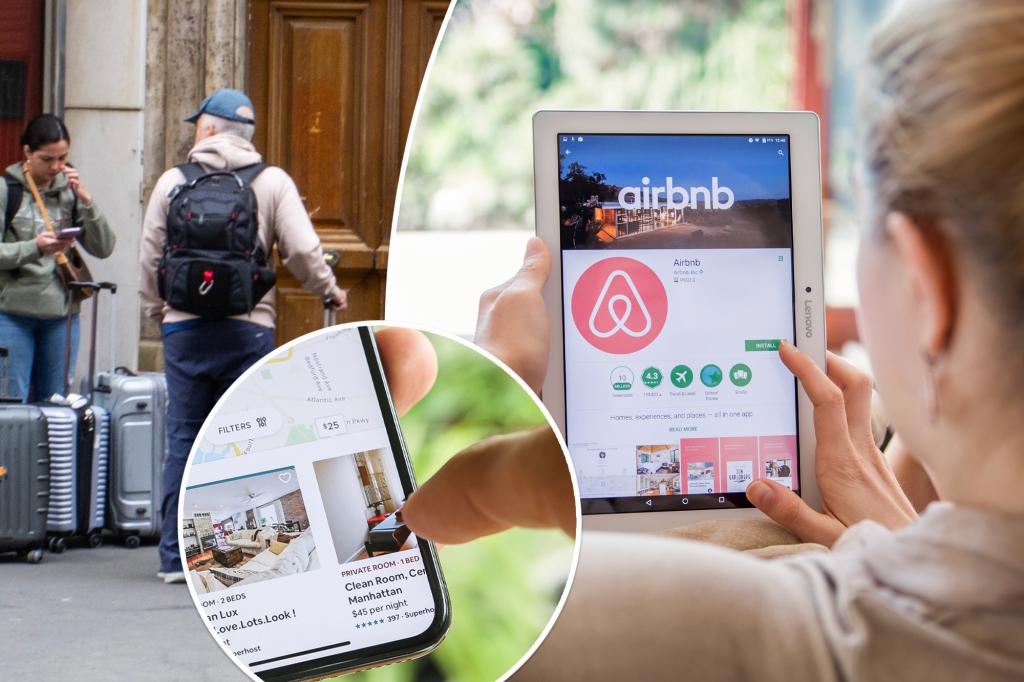Airbnb scams are on the rise, with horror stories of travelers being scammed by fraudulent hosts becoming more common. One example is a UK family who lost $5,000 on a phony stay, while on the other side of the world, scammers are listing pricey Hamptons homes ahead of the summer rental season. In a more elaborate scheme, a West Coast real estate speculator used fake identities to double-book properties across the country, resulting in a $7M scam. Stefan Hoffelner, owner of rental company YourAirHost, warns travelers to be vigilant and offers tips on how to spot these con artists.
The first step in avoiding Airbnb scams is to read the reviews of the property and host. Hoffelner advises travelers to look for a lack of reviews, overly positive or generic reviews, or a pattern of reviews that seem fabricated. He also suggests checking out the host’s profile for feedback from previous guests and paying attention to any red flags that may indicate a scam. By doing thorough research and reading reviews, travelers can get a better sense of whether a listing is legitimate or not.
Another important step in avoiding Airbnb scams is to research the photos of the property. Just like a dating profile, photos can be misleading and may not accurately represent the actual property. Hoffelner recommends doing a reverse image search to see if the photos appear on other websites or listings. If the same images appear in multiple locations, it could be a red flag that the listing is a scam.
Communicating with the host before booking is crucial in identifying potential scams. Hoffelner advises travelers to ask the host questions about the listing to address any concerns and get a better understanding of who they are dealing with. If a host responds with shady or unusual requests, it could be a sign of a scam. Hosts asking for personal information or payment details outside of Airbnb should raise a red flag for travelers.
Travelers should also be realistic when booking an Airbnb rental and avoid deals that seem too good to be true. Hoffelner warns against booking listings with suspiciously low prices or luxurious amenities offered at a fraction of the usual cost, as these are often signs of a scam. If something feels off about the listing or the host’s communication, travelers should trust their instincts and find a better alternative to avoid falling victim to a scam. Booking through third-party services may also limit the ability to recover money in case of a scam, so it is best to book directly through Airbnb.


